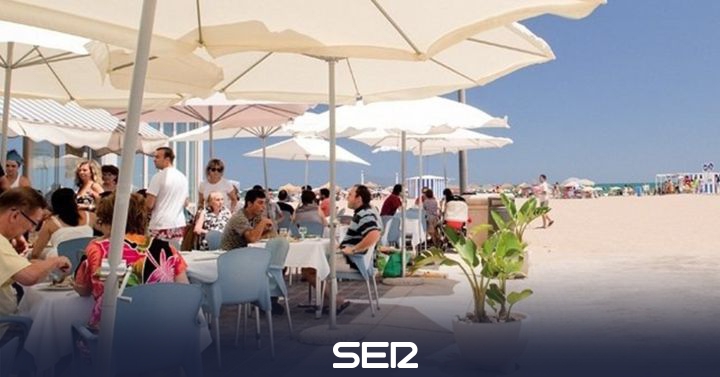Cathelijne Stoof is concerned. The Wageningen University wildfire expert has been warning for years that the Netherlands must do more to prevent serious damage from wildfires. But the fires are not given priority.
“What needs to be done to get it on the agenda?” Stoof wonders. “Do people have to die before something happens?”
“There are regular small fires in Dutch nature,” says Stoof. “Much more often than people think. Fortunately, the fire service can handle that well. But with some larger fires it becomes more difficult. We don’t know enough how to deal with this.”
Getting bigger and more destructive
Jelmer Dam, national coordinator for wildfire fighting at the Institute for Physical Safety (IFV), also acknowledges this. “The risk of large and destructive wildfires is increasing, also in the Netherlands. The question is not whether such a fire will happen, but when.”
In other countries, uncontrollable wildfires are already a regular occurrence, such as this summer in Turkey, Greece and the United States. You can see that in this video:
–
–
According to the Dutch Association of Insurers, not only is the temperature and drought increasing, but there is also a greater chance of lightning, which can cause fires. “It is not unlikely that those fires will also spread to buildings and vehicles,” says the Association.
And that is why work must be done now to prevent uncontrollable fires. Dam: “For that you have to organize nature well, with a landscape that is as diverse as possible. That takes thirty to forty years. Meanwhile, the climate conditions are becoming more and more favorable for uncontrollable fires.”
Lessons from water
In fact, we should deal with wildfires in the same way as with floods, says Stoof: “In the Netherlands, we know exactly how to live with the risks of water. National policy applies in this area, and there is very good cooperation. draw many lessons from living with fire.”
–
–
“Specialist knowledge is needed on how to stop a large wildfire,” says Stoof. “We can draw many lessons from the knowledge abroad and the experiences there.”
There is no such national strategy as for floods in the field of wildfires. This is because many different parties are involved in the prevention of the fires.
No one feels responsible
Within the cabinet alone, several ministries are responsible: the Ministry of Agriculture, Nature and Food Quality is responsible for the fires, but the fire service falls under the Ministry of Justice and Security. The fire fighting helicopters belong to the Ministry of Defence, and climate change falls under the Ministry of Economic Affairs and Climate.
And then there are other bodies that play a role, such as Staatsbosbeheer and the provinces. Stoof: “Nobody seems to feel responsible. The fight against wildfires is fragmented, in my opinion it makes the most sense to focus on a broad approach at national level.”
Dam: “So much has been arranged in the Netherlands, but not this. It is not seen as urgent, while the impact of a fire can be enormous. We are lagging behind the facts, all parties point to each other. are all doing. The way we’re dealing with it now is going to bite us in the ass.”
–
–


